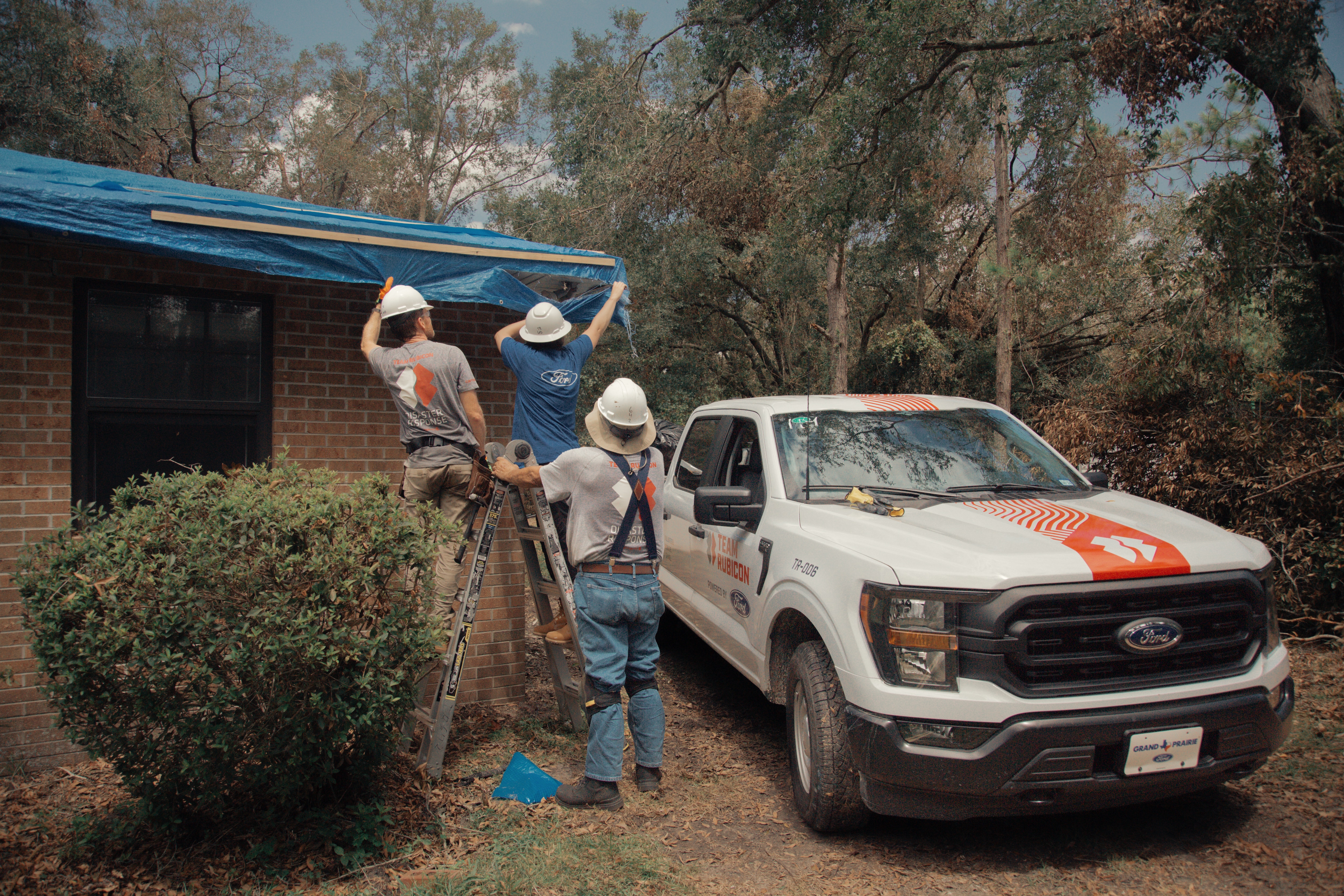
‘Call to Serve:’ Ford + Team Rubicon Documentary Premieres at Tribeca
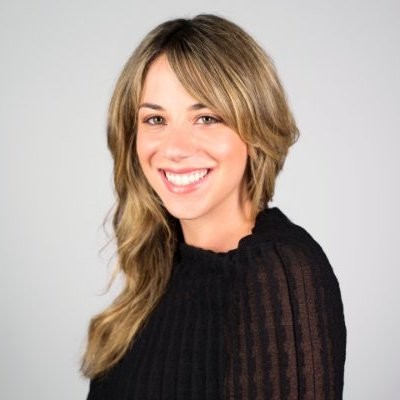
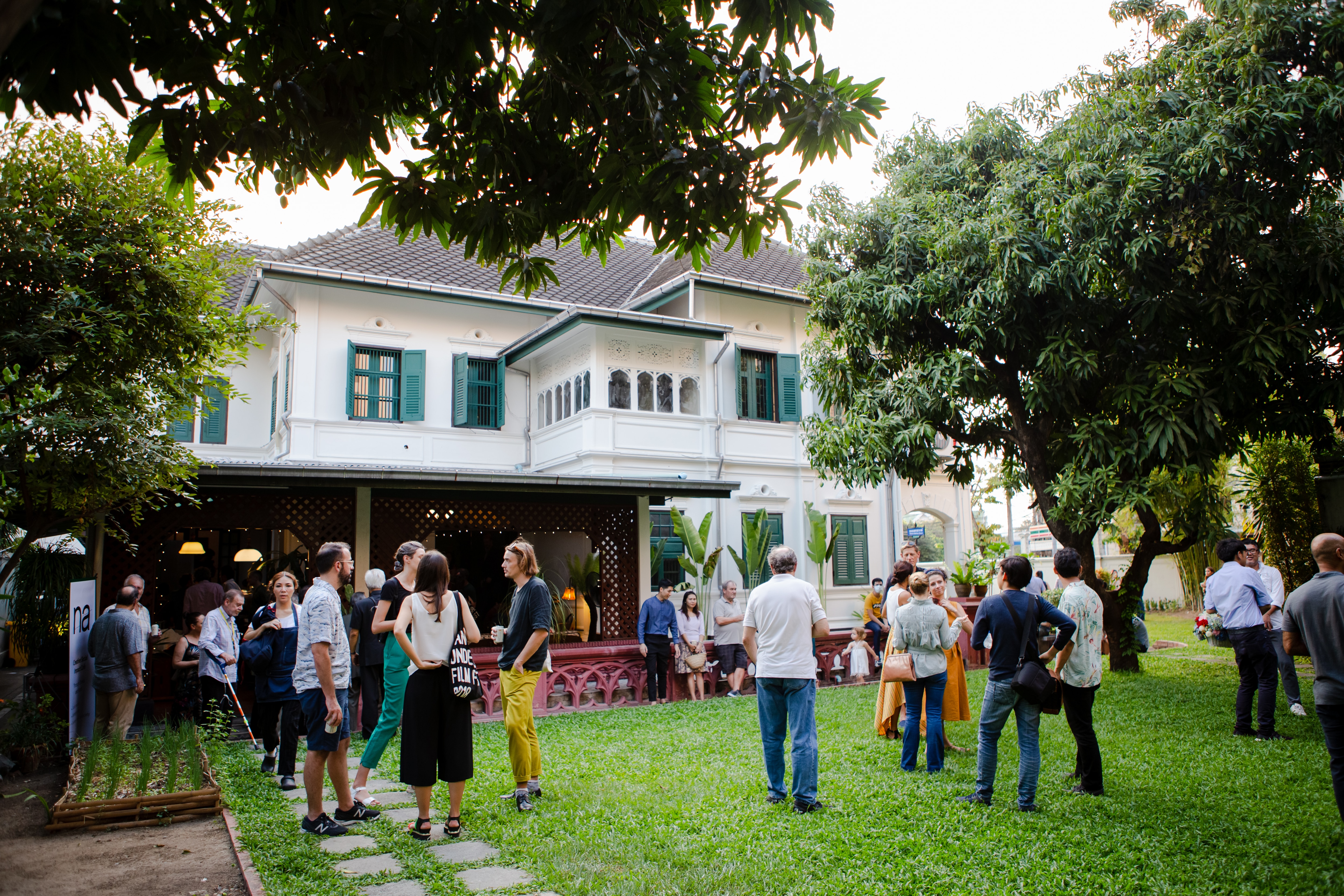
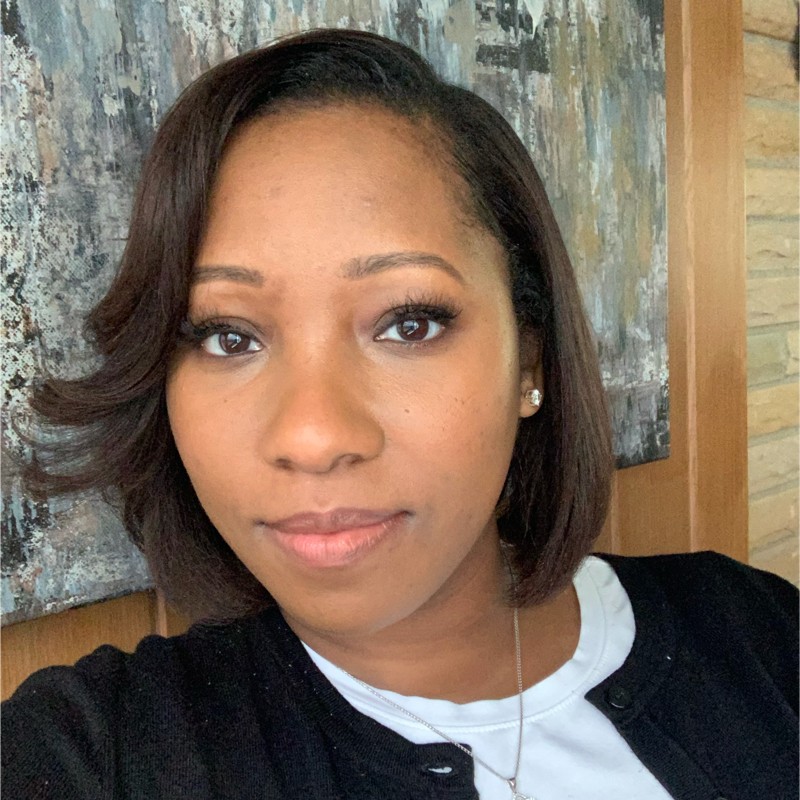
At first glance, Na Café looks like any other café. Tucked into a century-old house at the Ford Community Center in Bangkok, it serves great coffee, hosts lively community dinners, and has a backyard with trees, a rare thing in the city.
But behind the scenes, it’s something much more. It’s a space where youth and refugee families come to train, heal, and build something new.
Founded by Sakson “Saks” Rouypirom, Na Café is part of a broader mission to support young people in Thailand who have been impacted by trauma, addiction, or poverty.
“I want to show the strength in these stories — not just the struggle.”Sakson “Saks” Rouypirom, Na Café founder
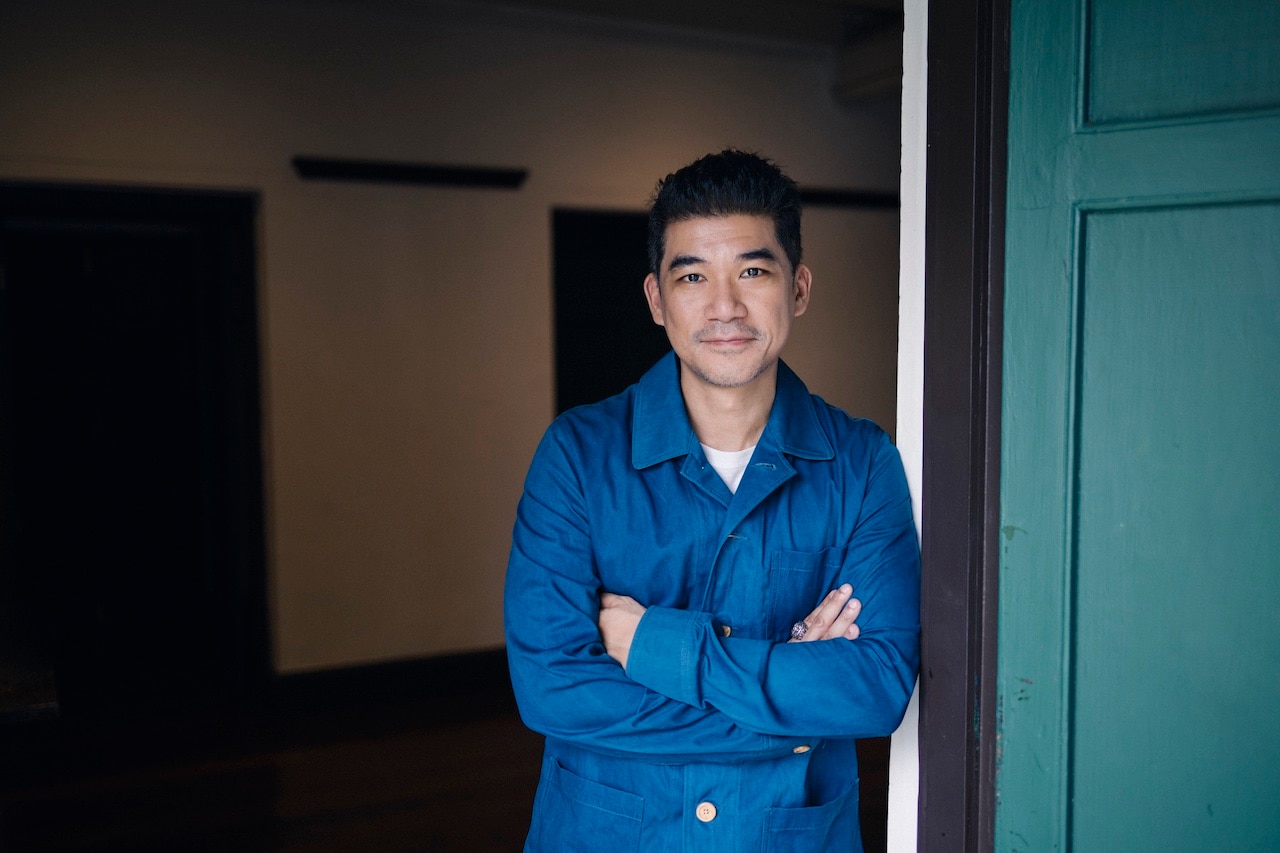
“We start with our youth and build around that,” he said. “This isn’t just about food, it’s about giving people a platform.”
In August, Mary Culler, president of Ford Philanthropy, joined Sati Foundation for dinner at NaCafé in Thailand. The space was originally offered through a partnership with the Ford Community Center, which continues to support its growth.
Na Café provides hands-on training for youth aged 17 to 25, many of whom have had experiences with detention centers, substance use, or other hardships. They learn food prep, sanitation, and hospitality, and work alongside a small team that includes a social worker, a psychologist, and peer mentors.
Youth also have access to therapy, music sessions, and after-school programs like DJing and skateboarding.
“You can’t just teach job skills and expect change,”Rouypirom said. “A lot of these youth are dealing with things that require care first, then structure."
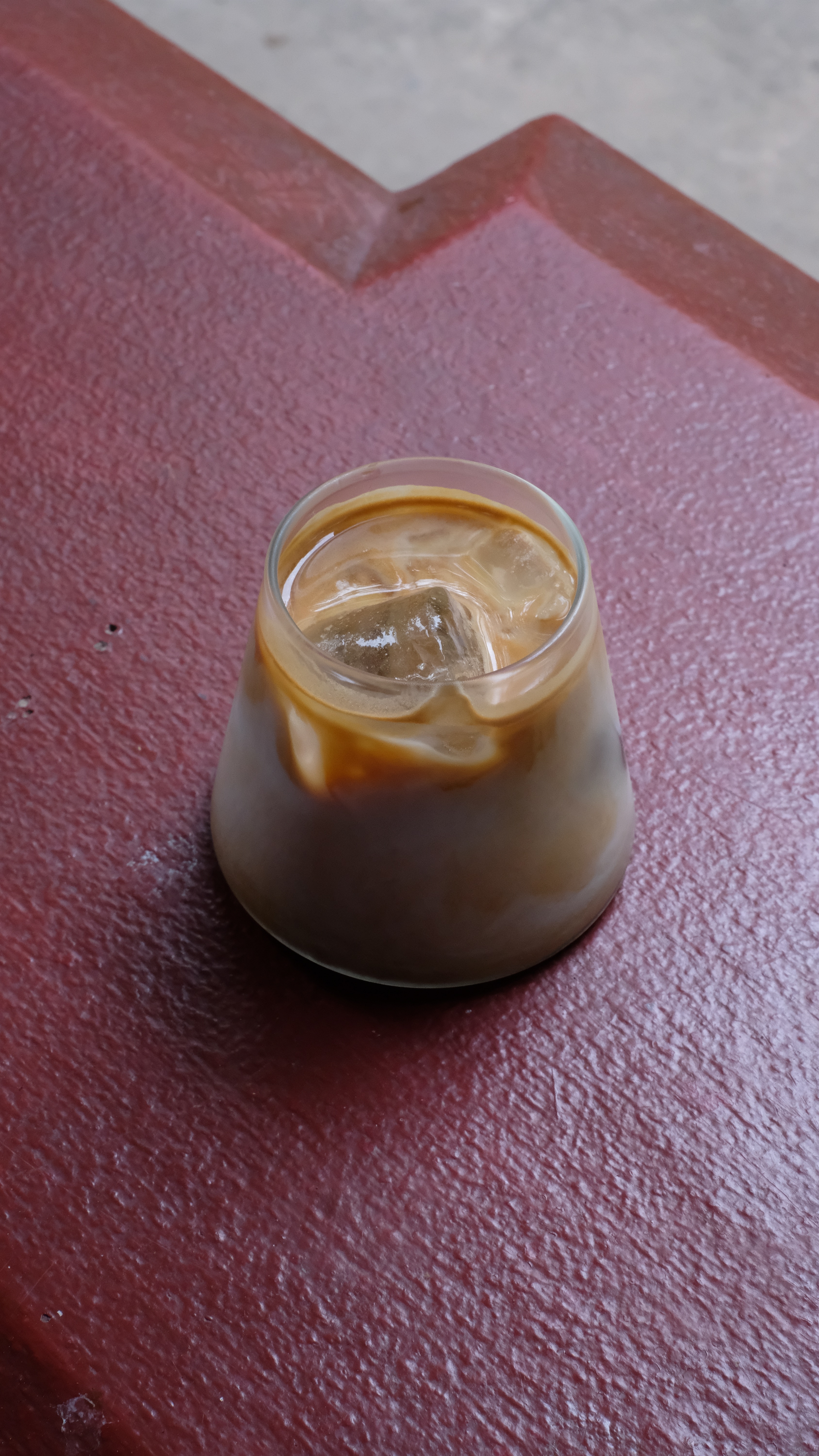
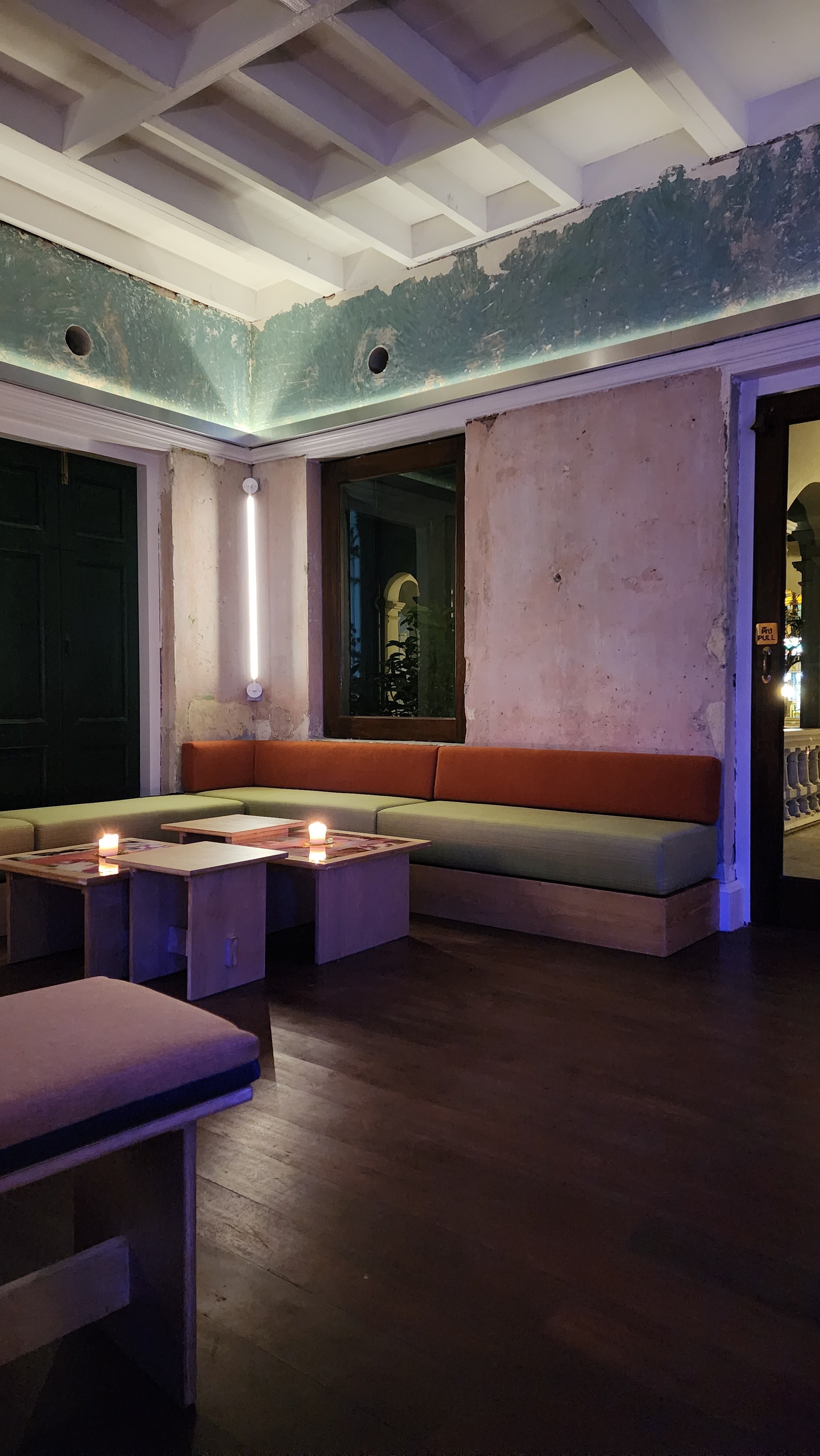
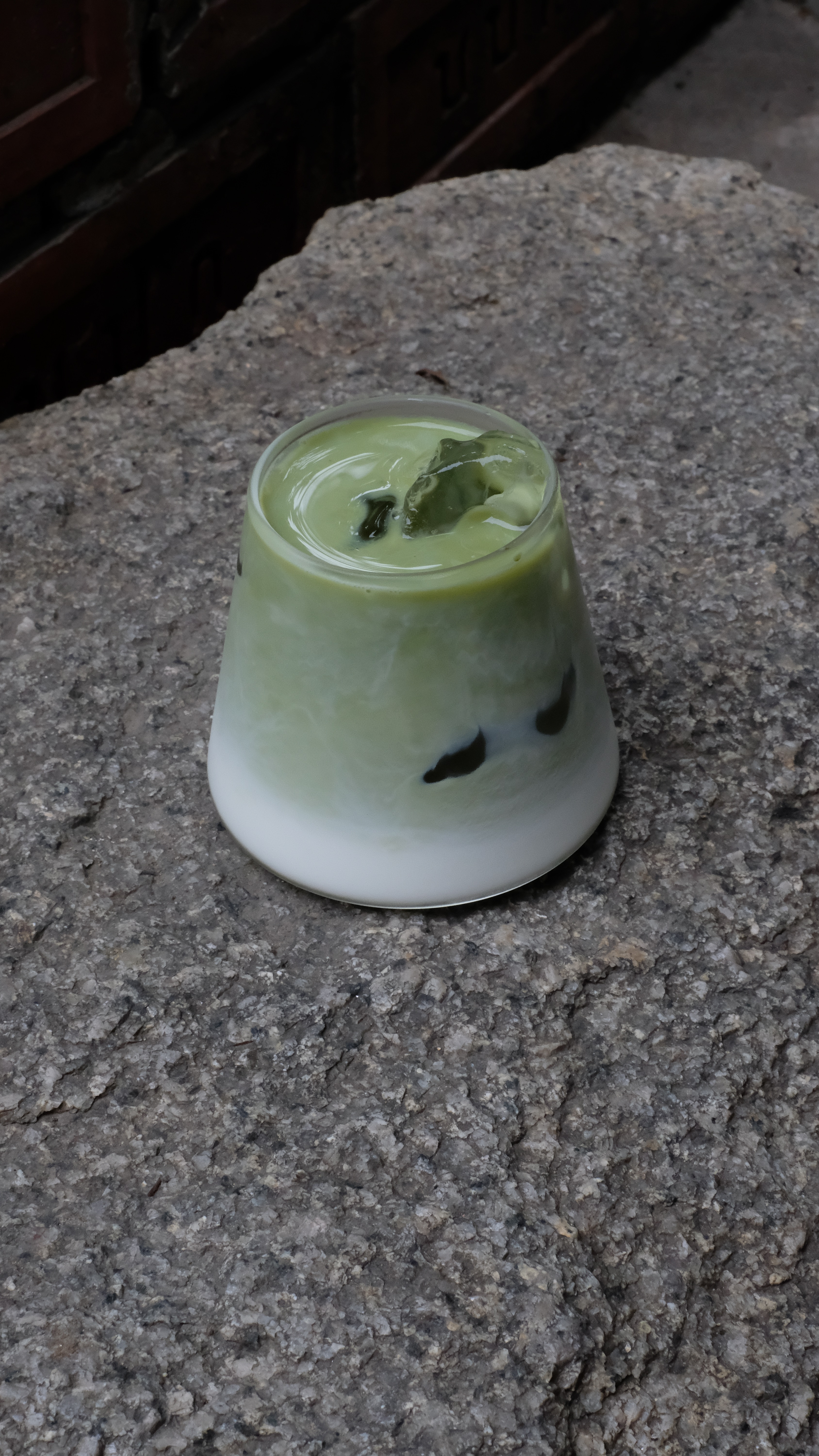
More than 100 youth have completed the program. Some move on to work in hotels or restaurants, while others stay involved, mentoring new participants or supporting other community programs.
As Ford Building Together expands worldwide, Na Café reflects the spirit in action, demonstrating how local programs can drive meaningful change through community development and education.
Rouypirom's path to this work began far from Bangkok. Born in New Jersey and raised in New York, he spent his teenage years volunteering in a pediatric HIV ward. He played music with the kids and watched how they quietly managed pain and routine treatments. That experience, along with the values instilled by his Thai parents, shaped his desire to help others.
He originally studied to become a doctor, but eventually realized he wanted to work on a different kind of healing through safe spaces, mental health support, and opportunity. That shift led to the creation of the SATI Foundation and, later, community-focused projects like Na Café.
One of the café’s most meaningful efforts is the Urban Refugee Kitchen. Each month, families from countries like Afghanistan, Ethiopia, and Sri Lanka host community dinners, preparing dishes from their cultures and sharing stories with guests. Before each event, the families go through a two-month training that covers food safety, menu planning, and hospitality basics.
“We had an Afghan mother and her two daughters,”Rouypirom said. “She had never been allowed to work before. After joining the program, they ran their own dinner, and now the daughters are in school on scholarship.”
These dinners often sell out. They draw locals, Ford employees, international students, and diplomats. While the food is a big part of the appeal, it’s the conversations and personal connections that make them memorable.
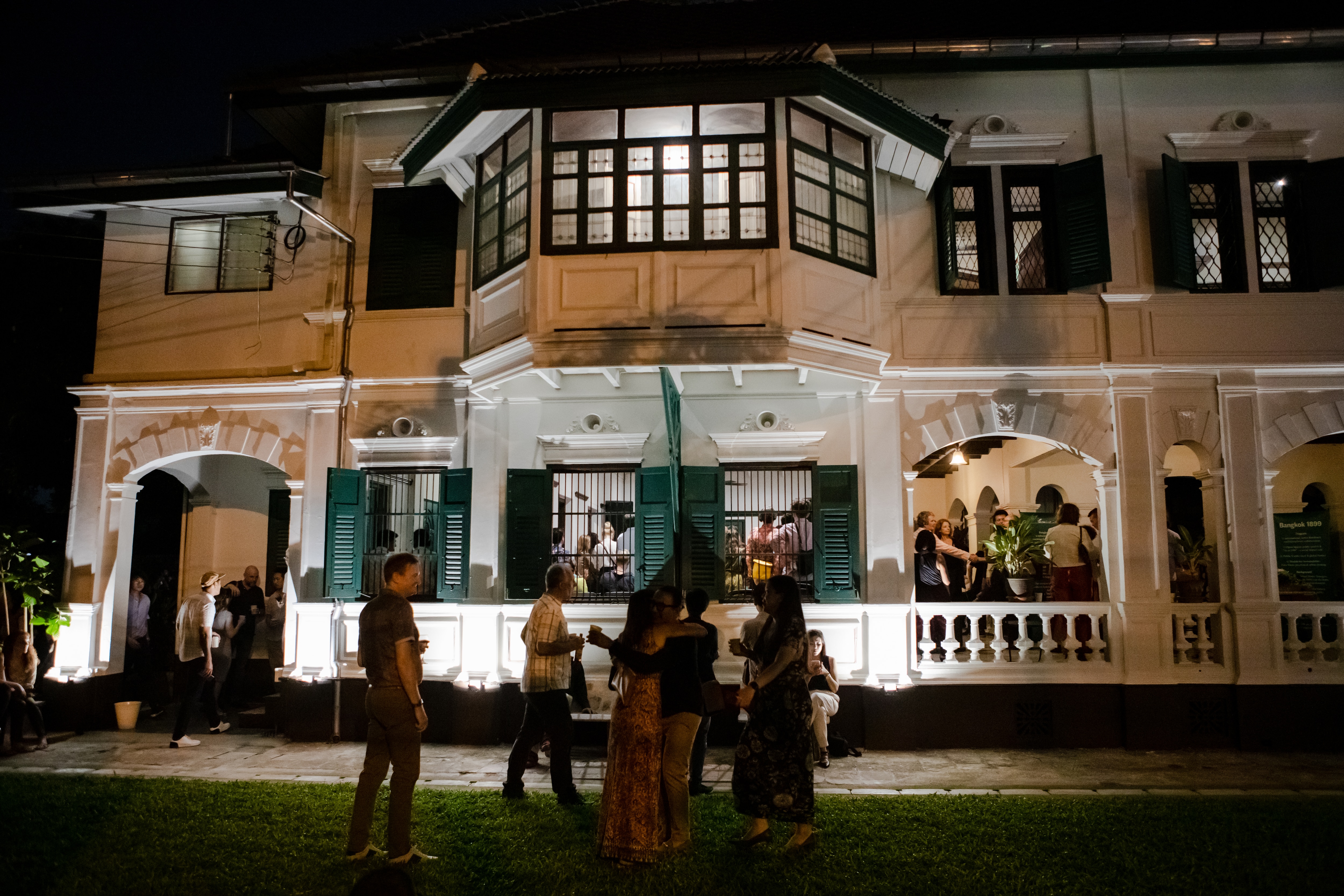
Na Café isn’t a polished café. Some customers are surprised when youth trainees work at a slower pace or wear mismatched uniforms.Rouypirom sees that as part of the point. “It’s a place where people are growing,” he said.
Support from Ford, UN agencies, and local NGOs helps keep the café going. But for Rouypirom, success is not measured in numbers. “I’ve worked with some of these kids for ten years,” he said. “They’re working, raising families. They just needed a place to start.”
He hopes to take the concept beyond Bangkok, hosting pop-ups in cities like Detroit, bringing together refugee families who have resettled in the United States and Canada. “I want to show the strength in these stories,” he said. “Not just the struggle.”
And for anyone who walks into Na Café, he hopes they leave with more than just a good meal. “If you walk away with a little more empathy or a new way of seeing someone, that’s impact, too.”
RoNeisha Mullen is communications manager at Ford Philanthropy.